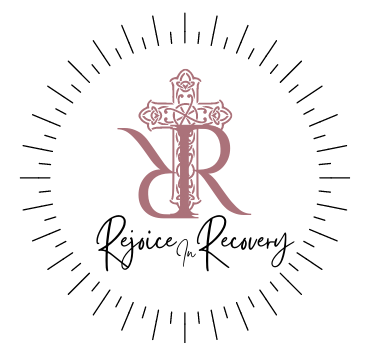
Fighting Cravings
Share
Fighting cravings during recovery from addiction can be challenging, but it's possible with the right strategies and support. Here are some tips to help you manage and overcome cravings:
-
Identify Triggers: Recognize the people, places, and situations that trigger cravings for addictive substances or behaviors. Once you're aware of your triggers, you can take steps to avoid or minimize exposure to them whenever possible.
-
Develop Coping Skills: Build a toolbox of healthy coping skills that you can use to manage cravings when they arise. This may include deep breathing exercises, mindfulness meditation, progressive muscle relaxation, visualization techniques, or engaging in a hobby or activity that distracts you from the craving.
-
Practice Delaying Tactics: When you experience a craving, try to delay acting on it for as long as possible. Cravings typically peak and subside within a relatively short period, so if you can ride out the wave of the craving, it may become more manageable over time.
-
Reach Out for Support: Don't hesitate to reach out to your support network for help when you're struggling with cravings. Whether it's a trusted friend, family member, sponsor, therapist, or support group, having someone to talk to can provide encouragement, perspective, and accountability.
-
Stay Busy and Active: Keep yourself occupied with activities that are enjoyable and fulfilling. Engage in hobbies, exercise, volunteer work, or other productive pursuits that help keep your mind and body occupied and reduce the likelihood of succumbing to cravings.
-
Practice Self-Care: Take care of yourself physically, emotionally, and mentally. Get enough sleep, eat nutritious foods, exercise regularly, and prioritize activities that promote relaxation and stress reduction. Taking care of your overall well-being can help strengthen your resilience and reduce the intensity of cravings.
-
Remind Yourself of Your Motivation: Reflect on the reasons why you decided to enter recovery in the first place and the positive changes you've experienced since then. Remind yourself of your goals, values, and aspirations, and how giving in to cravings would undermine your progress and jeopardize your well-being.
-
Use Distraction Techniques: When cravings strike, distract yourself with activities that capture your attention and focus. This could be anything from listening to music, watching a movie, going for a walk, playing a game, or engaging in creative expression. The key is to redirect your thoughts and energy away from the craving.
-
Practice Mindfulness: Mindfulness techniques, such as mindful breathing or body scans, can help you stay present in the moment and observe your thoughts and sensations without judgment. By cultivating mindfulness, you can learn to accept and ride out cravings without feeling overwhelmed or compelled to act on them.
-
Celebrate Successes: Acknowledge and celebrate your successes, no matter how small. Each time you successfully resist a craving, it reinforces your ability to cope and strengthens your resolve to maintain sobriety. Take pride in your progress and use it as motivation to continue moving forward in your recovery journey.
Remember that overcoming cravings takes time, patience, and perseverance. Be gentle with yourself and recognize that setbacks are a normal part of the recovery process. If you do experience a slip or relapse, don't be discouraged—instead, use it as an opportunity to learn from the experience and recommit to your recovery goals. With dedication, support, and determination, you can successfully manage cravings and live a fulfilling life in recovery.
